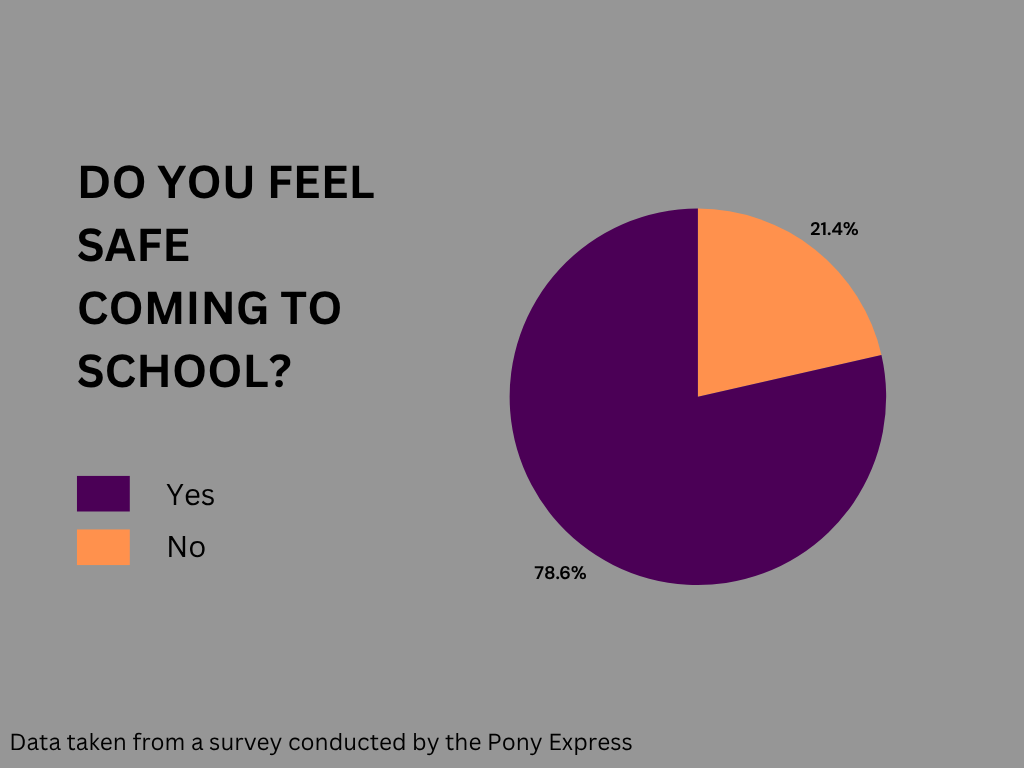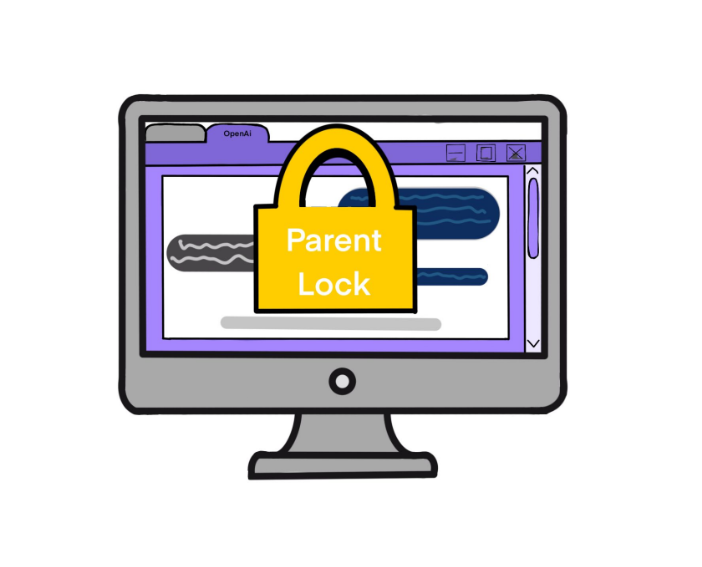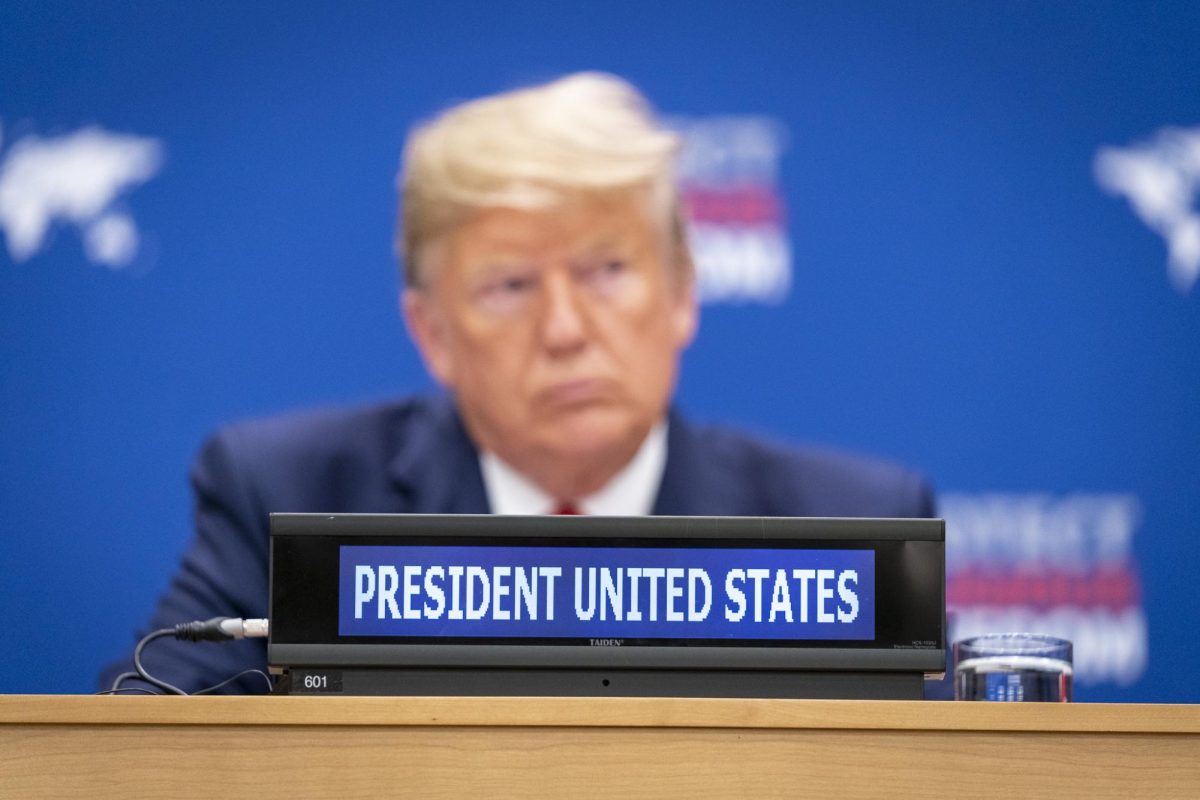On Nov. 6, Donald Trump was declared the winner of the 2024 presidential election, and is set to start his second term as the 47th president of the United States on Jan. 20, 2025. With COVID-19 leaving many students with gaps in their education, as well as teacher shortages affecting many school districts throughout the United States, educational policy can be very influential to the direction of the country.
In America’s federal system, the Constitution puts states in charge of most laws, as well as education. The states establish public schools and determine curriculum and requirements for school enrollment and graduation. Individual cities and towns have school boards that impact policy and allocate taxes to establish and support schools. The U.S. Department of Education’s role is to gather information that can be used to identify the best education practices and promote student achievement through federal grants. In addition, the Department of Education can provide some funding for schools such as free or reduced lunch and some resources to low-income districts. Most funding, however, is through districts and the states. The President can encourage the adoption of certain policies and practices through the Department of Education.
One of Trump’s main education goals is to place all educational autonomy with the states. He believes that the federal government should limit education goals at the federal level. Because of this, he intends to defund the Department of Education and opt to give funding to individual states to run their education systems how they see fit.
“We will drain the government education swamp and stop the abuse of your taxpayer dollars to indoctrinate America’s youth with all sorts of things that you don’t want to have our youth hearing,” Trump said at a rally in September.
While Trump wants to minimize the role of the federal government in educational policy, he has also stated that he intends to use his influence to guide what is taught in classrooms. This includes civil rights investigations, funding cuts to schools that emphasize structural racism and gender and sexuality in their curriculum, and increasing parental control over education that allows parents increased access and influence over what students are taught.
According to Trump’s official website, President Trump will “promote positive education about the nuclear family, the roles of mothers and fathers, and celebrating rather than erasing the things that make men and women different and unique.”
Despite the Court’s opposition, Trump has publicly supported teaching Judeo-Christian values in public schools, endorsing Louisiana’s law requiring the Ten Commandments to be hung in every public school classroom within the state.
“I LOVE THE TEN COMMANDMENTS IN PUBLIC SCHOOLS, PRIVATE SCHOOLS, AND MANY OTHER PLACES, FOR THAT MATTER,” Trump posted on the social media platform Truth Social in June. “READ IT — HOW CAN WE, AS A NATION, GO WRONG??? THIS MAY BE, IN FACT, THE FIRST MAJOR STEP IN THE REVIVAL OF RELIGION, WHICH IS DESPERATELY NEEDED, IN OUR COUNTRY.”
Trump has stated many times that he wants to focus more on expanding school choice, or school privatization, which helps families afford schooling options besides public schooling through state funds. Since the pandemic in 2020, some states have begun to use funding allocated for public schools to instead help families pay for alternative schooling options, such as private schools, charter schools, and homeschooling. In his last presidential term, Trump signed the Tax Cuts and Jobs Act, which allows parents to use up to $10,000 from an education savings account to cover K-12 tuition costs of whatever school they choose.
“We want federal education dollars to follow the student, rather than propping up a bloated and radical bureaucracy in Washington, D.C.,” Trump said in October while campaigning in Milwaukee.
School choice can help expand parents’ abilities to pick schools that will best help their children, as well as align with their values. However, school choice can also reduce the funding available to public schools, and can have negative impacts on students that private schools can turn away, such as disabled students, English Language Learners, and LGBTQ+ students.
Republicans will have control of the Senate and the House of Representatives when Trump takes office again in January 2025, which is likely to pave the way for Trump to implement his chosen policies.








































